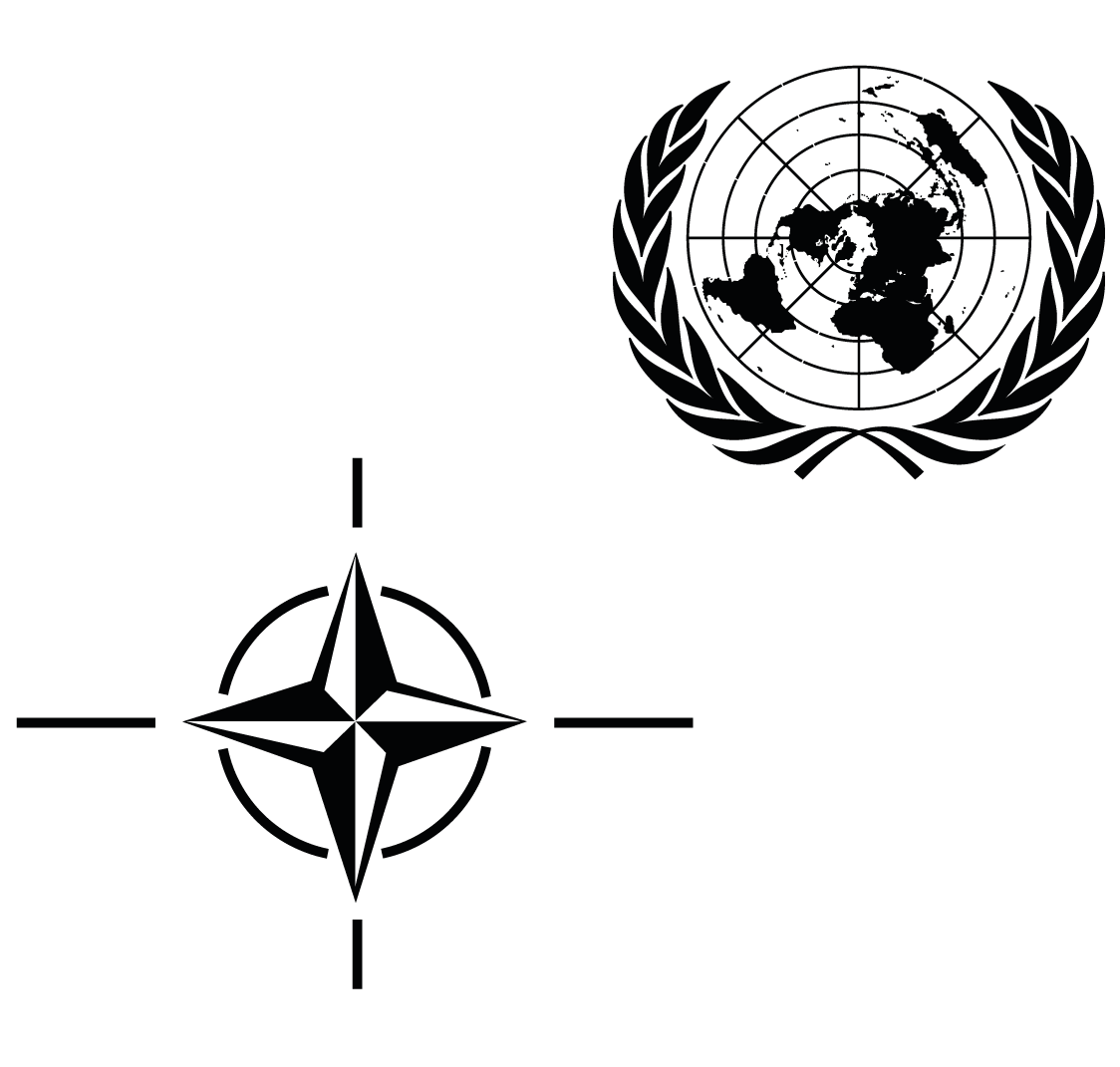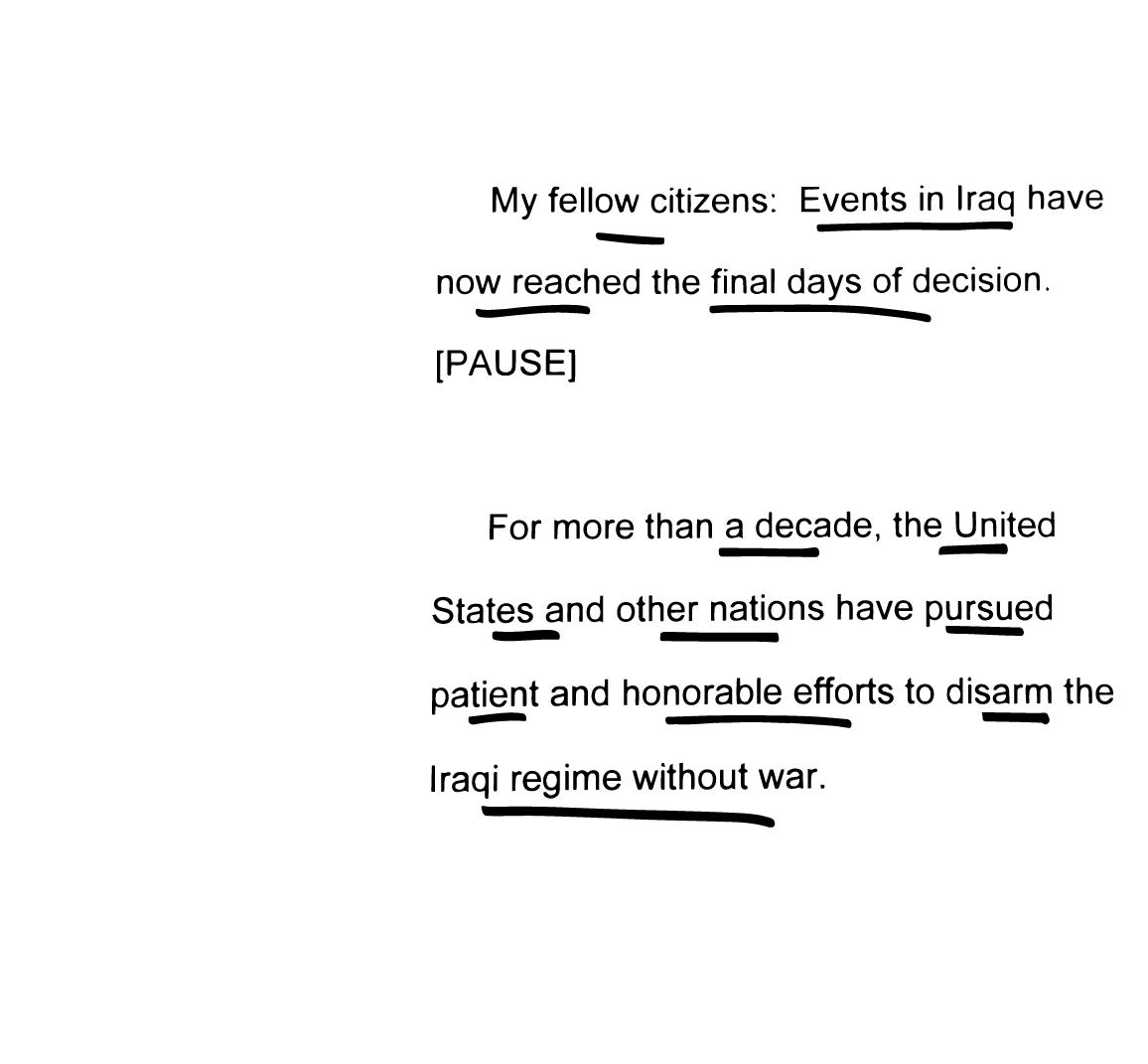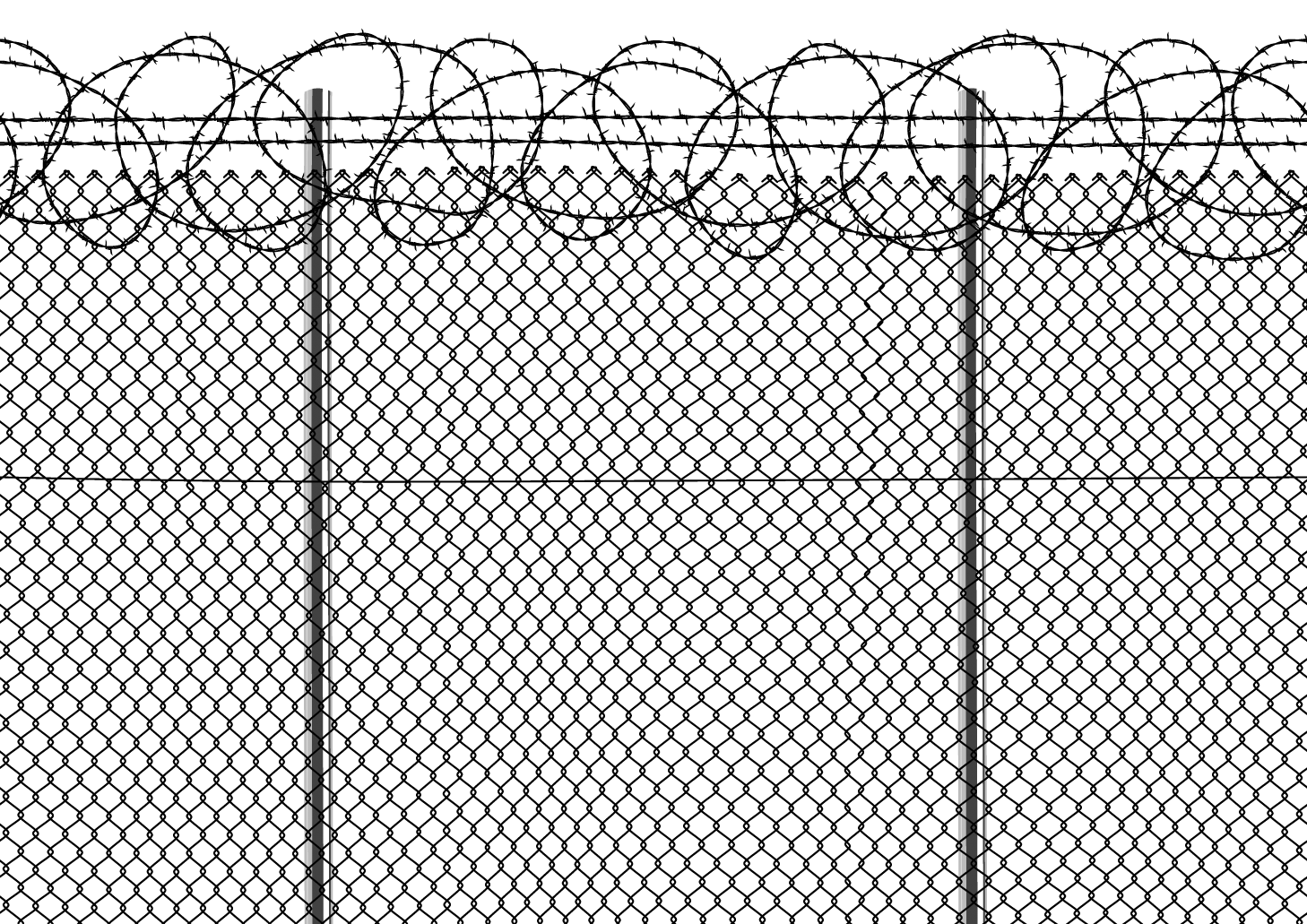There are few questions that inflame passions as much as this: is there a connection between international terrorism and the religion of Islam? US President Donald Trump seems to want to give this impression. During the presidential campaign, for instance, he criticized: “Hillary Clinton’s catastrophic immigration plan will bring vastly more radical Islamic immigration into this country, threatening not only our security but our way of life.” His rhetoric culminated in a controversial executive order to deny entry to the United States for people from seven majority Muslim countries, which has entered public discourse as the “Muslim Ban”.
Dealing
with 9/11
Threatened Order
USA
Clash of Cultures
or War on Terror?
The alleged incompatibility of Western and Islamic values has long been a polarizing topic. As early as 1993, for instance, US political scientist Samuel Huntington predicted a “Clash of Civilizations” between Western and Islamic nations. The September 11, 2001 attacks on the USA by Muslim terrorists appeared to confirm Huntington’s theory in the eyes of many, especially after the religiously shaped US President George W. Bush called for a “War on Terror”. In the period that followed, this war was often interpreted in both the media and in scholarship as a religious war against Islam. But was Bush’s goal really a “Clash of Cultures”? Let us take a look at the sources directly after the attacks.
What threatens us?
The attacks on the morning of September 11, 2001 claimed thousands of victims, devastated the heart of Manhattan in front of the eyes of the world, and rattled an entire country. The universal question became: who was responsible? Very soon, the US administration blamed the Al-Qaeda terror network around Osama bin Laden. The terror group was seen as an existential threat to the USA because it demanded the global validity of its totalitarian ideas about society: “Al-Qaeda’s goal is remaking the world and imposing its radical beliefs on people everywhere”, said Bush. The populace reacted to the national trauma on the one hand by displaying great solidarity and a readiness to help. But there were also signs of an erosion of social order and social peace. On September 18, 2001, for instance, the New York Times reported about attacks on mosques in a variety of places across the USA.
Who are we?
Meanwhile President Bush believed such behavior was inappropriate, and quickly made it clear that Muslim Americans had been impacted by the attacks to the same extent as everyone else. In his speeches and public appearances, he explicitly integrated Muslims into the American self-image. On September 14, 2001, Bush took part in a Christian service, and three days later visited a mosque at the Islamic Center of Washington, where he also read from the Quran. He asserted that the teachings of Islam are peaceful, and that the terrorists in fact had desecrated the name of Allah. The President thus did not describe a purely Christian American identity, but rather one that was shaped by religion and which sought to achieve the broadest possible level of social cohesion. On September 20, 2001, he also spoke about the same topic in his only unscheduled speech to Congress in his entire eight-year presidency. According to Bush, the driving force behind the attackers was their fear of America’s free way of life: “The terrorists are traitors to their own faith, trying, in effect, to hijack Islam itself. (…) They hate what they see right here in this chamber, a democratically elected government.” Representatives from both parties repeatedly stood for ovations throughout the speech in order to convey a sense of national unity to a shaken populace.
What do we need?


The positive descriptions of Islam and the emphasis of including Muslims in American society shows that President Bush sought to form broad alliances against terrorism both domestically and internationally. On September 16, Bush received Indonesian President Megawati Sukarnoputri – the head of the nation with the world’s largest Muslim population. In a joint appearance, Bush again emphasized the peacefulness of Islam: “I've made it clear, Madam President, that the war against terrorism is not a war against Muslims, nor is it a war against Arabs. It's a war against evil people.” But Bush also made threats: “Every nation in every region now has a decision to make. Either you are with us or you are with the terrorists. From this day forward, any nation that continues to harbor or support terrorism will be regarded as a hostile regime.” At an international level, this appeal was initially successful: In Resolution 1368, the UN Security Council unanimously condemned the attacks and acknowledged the USA’s right to self-defense. Moreover, for the first (and until now the last) time in its history, NATO invoked its mutual defense clause by which an attack on one member-nation is seen as an attack on all members of the alliance.
What should we do?


Following the attacks, the USA waged two wars in Afghanistan and in Iraq based on the President’s pre-emptive strike logic to eliminate the threat of terrorism from those countries. Neither of the military operations was religiously justified. This was particularly evident in the threat characterization of Saddam Hussein as a decidedly secular dictator. Nevertheless, this secular argumentation failed to garner broad support. While “Operation Enduring Freedom” in Afghanistan (which began in October 2001) was supported by a broad international majority as an “act of self-defense”, the connection between the attacks and Iraq appeared significantly less plausible. In the fall of 2002, significant resistance to the war in Iraq emerged in US Congress, and despite great efforts, the United States was also unable to push through a UN mandate for the action. When weapons of mass destruction were not found in Iraq and the desired transformation into a functioning democracy failed to emerge after the war, support for the military operation waned even further. Although the US military engagements after 2001 were not religiously motivated, they still undermined President Bush’s goal of establishing the broadest possible liberal-democratic identity. Instead, they strengthened the rejection of American politics in the Middle East. And the political vacuum created in Iraq provided fertile ground for the growth of new terror organizations such as the so-called Islamic State. Justified by national security concerns within the United States, new institutions such as the Department of Homeland Security were created, surveillance measures by agencies such as the NSA were massively expanded, and civil rights were at times restricted. Within this context, the debate in the United States surrounding the relationship between terrorism and the Islamic religion has only further intensified until today.
Anti-Jewish
theater in
the late Middle Ages
The loss of control in
threatened social orders
In threatened social orders, actions undertaken by those who appear to be in power often have consequences that are not planned or intended. The Bush administration’s initial intention, for instance, was to form a broad alliance that would not exclude anyone except the terrorists and those who associated with them. But the aggressive rhetoric deemed necessary to achieve that goal developed its own momentum. The description of terrorists as lower animals, and the ambivalent actions of the government, ultimately stained the image of peaceful Muslims in the USA. The handling of prisoners in Abu Ghraib and Guantanamo are emblematic of the results.
History is rich on examples in which threats are established with language and individual groups are stigmatized. Such actions are also often associated with violence. One such case is illustrated by the performance of a play titled “The Jewish Messiah” in the 15th century. At the time, Jews were depicted as a threat to Christian society in many forms, here as a Carnival play. Such depictions could drive an increase in societal narratives in which Jews were perceived to be a real threat to the Christian majority.
This illustrates the extent to which diffuse fears impact the actions of people in threatened social orders. In Nuremberg where the play was performed, Jews were forcefully expelled from the city just a few years later. The majority society believed it was a plausible strategy for coping with the threat – with terrible consequences for the Jewish population.
with other case studies.







